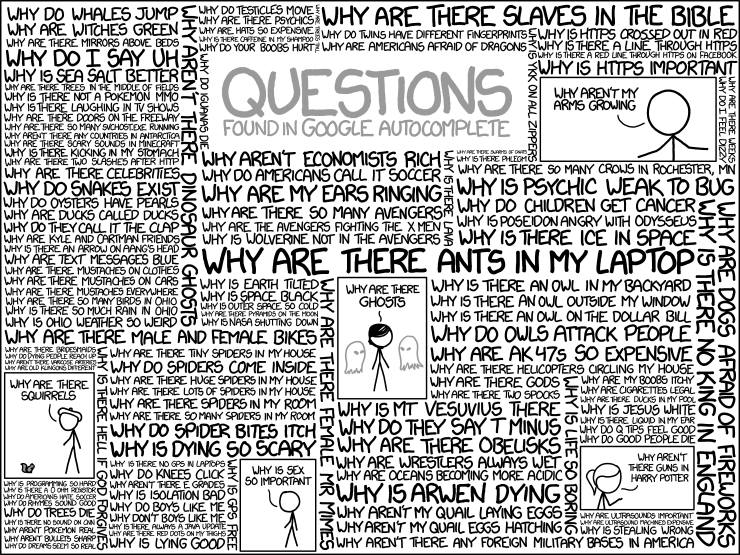Introduction
CS5491: Artificial Intelligence
Zhichao Lu
Content Credits: CMU AI, http://ai.berkeley.edu
MSU Prof. Vishnu Boddeti's AI class
Class Info
- Instructor: LU Zhichao
- Class: Thu 7:00pm - 8:50pm
- Location: BOC LT401
- Office Hours: Th 3:00pm - 5:00pm

- Teaching Assistants:
- CAO Chengtai
- WANG Longxiang
- CAO Chengtai
- HU Yao
- WU Yichen
- Office Hours: TBD





Administrative Stuff
Lectures
- Before Class: watch pre-recorded lectures
- In Class: questions/clarifications + short quiz + problem solving
Websites
- Course Schedule and Lectures
- GitHub Classroom for Projects
- Quizizz for in class Q&A
Communications
- Piazza for all communication
- Do NOT send emails to instructor or TAs
- HW/Exam submitted via email will NOT be graded
- Install Piazza App on phone, tablet, etc.
- Turn-on notifications for Piazza
- Your responsibility to check Piazza and GitHub Classroom regularly
Assignments and Grading
- Homework Assignment: 20%
- Mid-Term Exam: 30%
- Project: 40%
- Quizizz In Class: 10%
Assignments and Grading
- Getting an A vs mastering the material
- Build your CV
- Take advantage of extra credit when available.
Late Days
- 3 free late days total (not per assignment), beyond that:
- 20% reduction of points per late day for HW or 0 mark for Project
- use free late days wisely
Book
- Not required, but for students who want to read more we recommend:
- Russell and Norvig, AI: A Modern Approach

- Warning: Not a course textbook, so our presentation does not necessarily follow the presentation in the book.
Plagiarism
- This course has adopted the Chegg and Similar Sites policy. Submission of student work (e.g. assignments and/or exam solutions) based on those found on Chegg, Brainly, Quizlet, and other similar websites will result in an Academic Dishonesty Report (ADR) and an automatic failing grade of zero (0.0) for the course. The ADR for students personally posting questions from assignments or exams to these sites will request additional sanctions.
What is AI?
News AI?

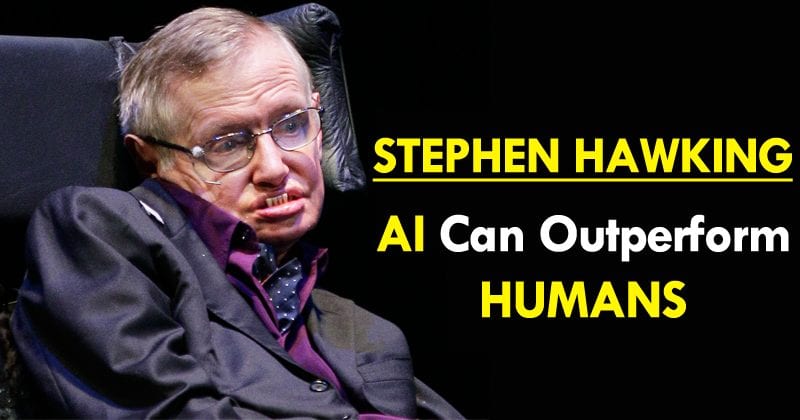
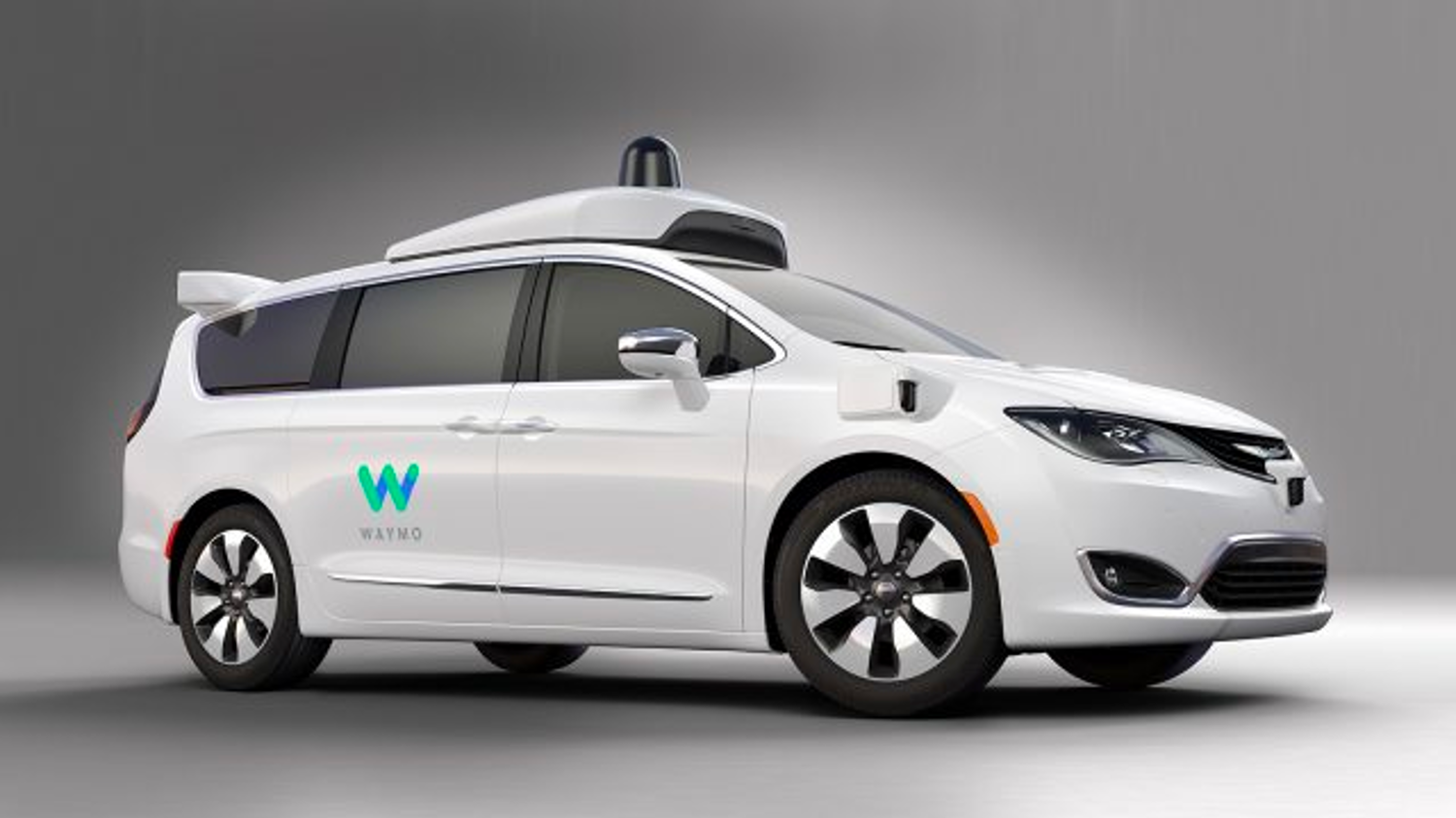
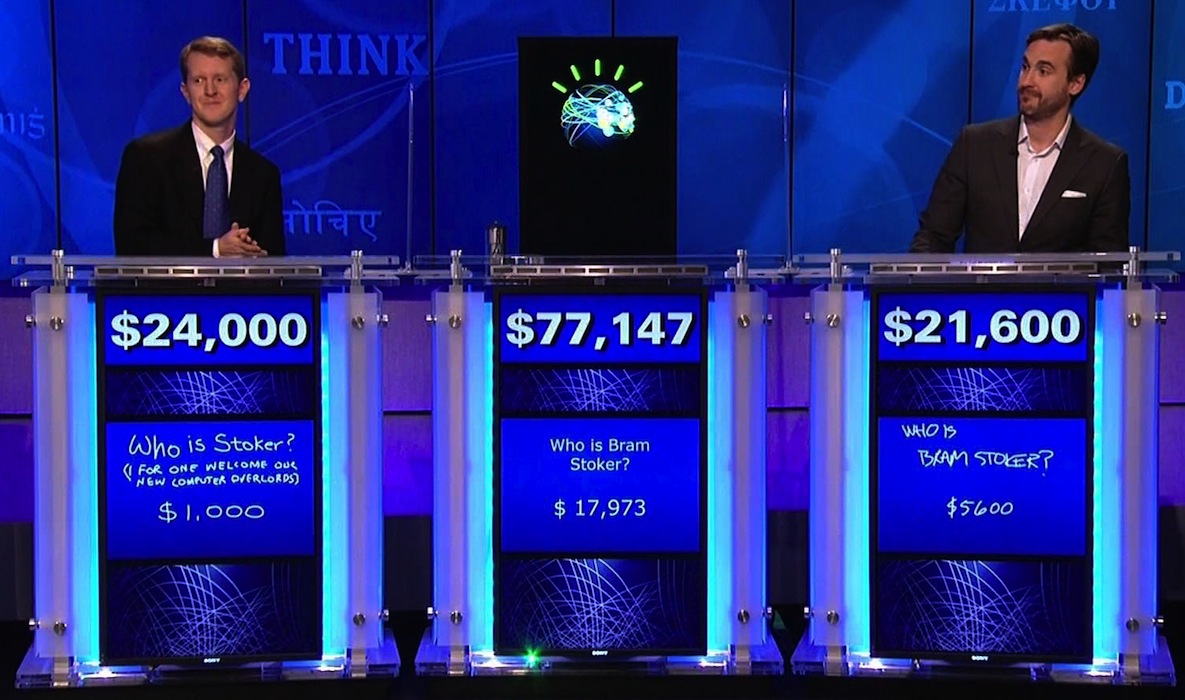
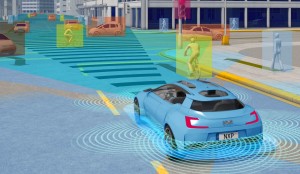

What is AI?
- Some classical definitions: The science of making machines that:
- Think like humans:
- cognitive science/neuroscience
- e.g., general problem solver (Newell and Simon, 1961)
- Act like humans:
- Turing test
- ELIZA, Julia, chatbots, Alexa, etc.
- Think rationally:
- logic and automated reasoning
- not all problems can be solved through reasoning alone
- Act rationally:
- basis for intelligent agent framework
- unclear if this captures the current scope of AI research
Computational Rationality
- AI as rational machines:
- Rational: maximally achieving pre-defined goals
- Rationality only concerns what decisions are made (not the thought process behind them)
- Goals are expressed in terms of the utility of outcomes
- Being rational means maximizing your expected utility
Essence of Course
Maximize Your Expected Utility
Designing Rational Agents

- An agent is an entity that perceives and acts.
- A rational agent selects actions that maximize its (expected) utility.
- Characteristics of the percepts, environment, and action space dictate techniques for selecting rational actions.
- This course is about:
- General AI techniques for a variety of problem types
- Learning to recognize when and how a new problem can be solved with an existing technique
Pacman as an Agent
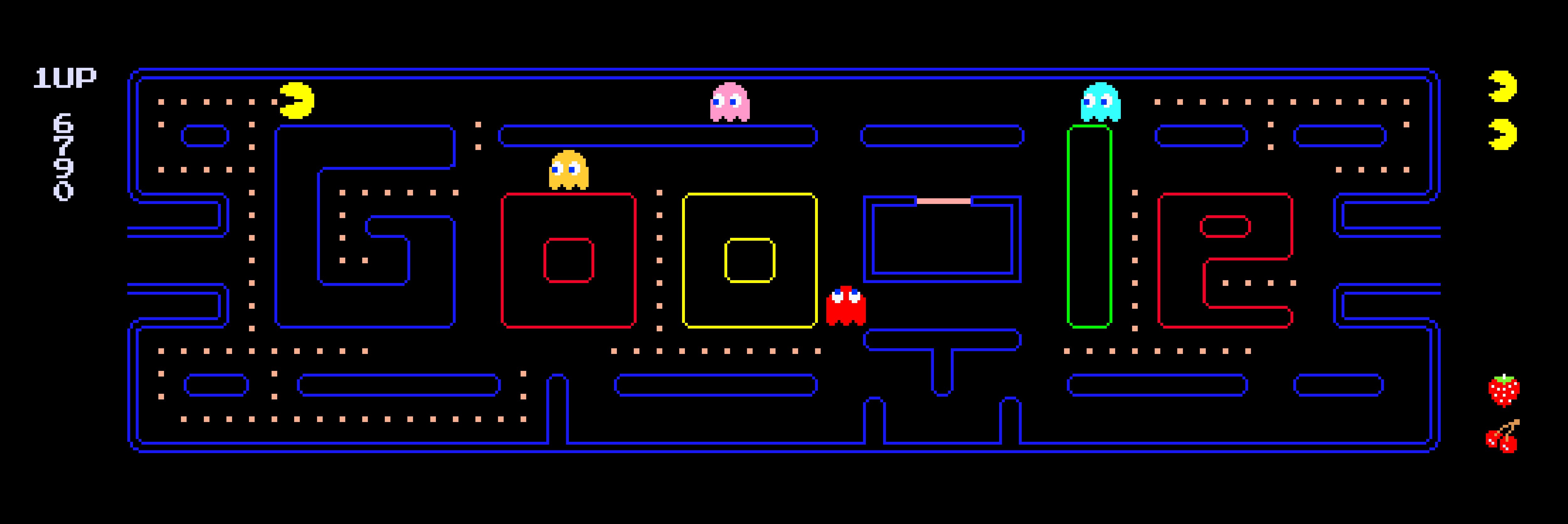

Pacman as an Agent
What can AI do?
- Play a (decent) game of table tennis?
- Play a (decent) game of Jeopardy?
- Drive safely along a curving mountain road?
- Drive safely along Grand River Avenue?
- Buy a week's worth of groceries on the web?
- Buy a week's worth of groceries from Meijer?
- Discover and prove a mathematical theorem?
- Converse successfully with a human for an hour?
- Fold the laundry and put away the dishes?
- Write an intentionally funny story?
A (short) history of AI
- Expert Systems and Businesses (1970-1980)
- Move towards encoding domain expert knowledge in the form of logical rules
- 1971-1974 - Feigenbaum's DENDRAL (molecular structure prediction) and MYCIN (medical diagnoses)
- 1981 - Japan's "fifth generation" computer project, intelligent computers running Prolog
- 1982 - R1, expert system for configuring computer orders, deployed at DEC
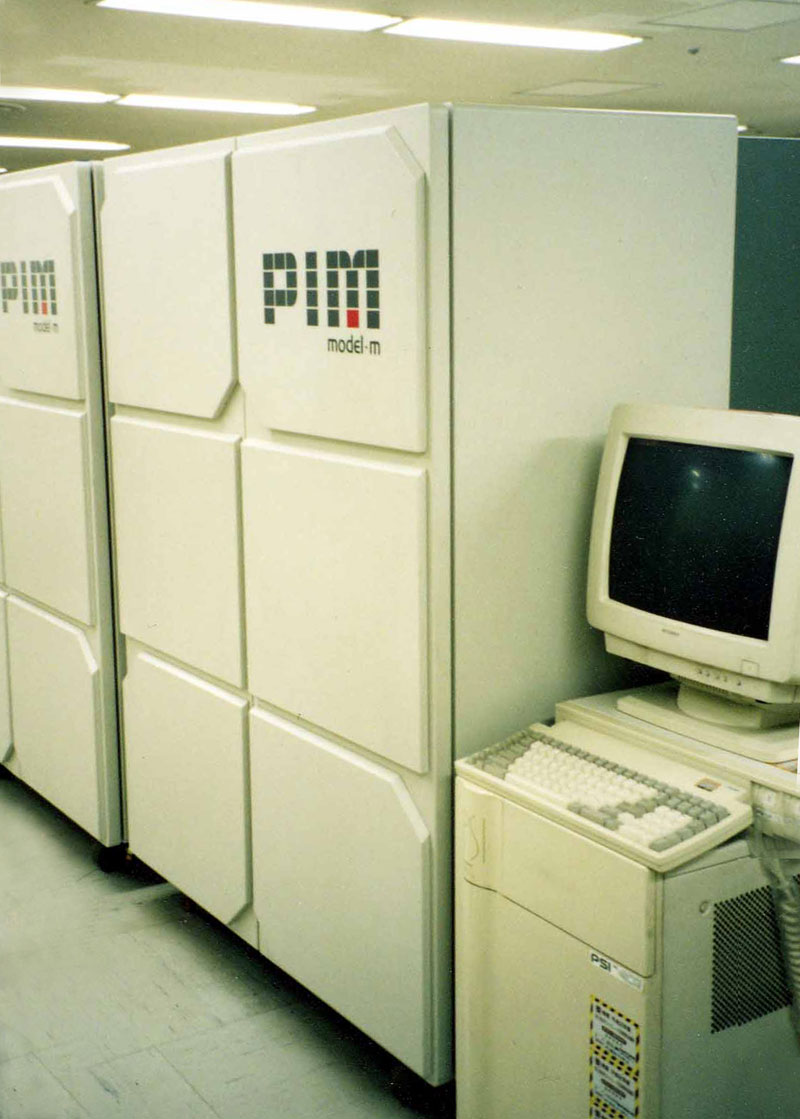
- Focus on Applications (1990 - 2010)
- AI (under the guise of a sub-field), achieved some notable milestones
- 1997 - Deep Blue beats Gary Kasparov
- 2001 - 2010 - $60 Billion involved in combinatorial sourcing auctions
- 2005, 2007 - Stanford and CMU respectively win DARPA grand challenge in autonomous driving
- 2011 - IBM's Watson defeats human opponents on Jeopardy
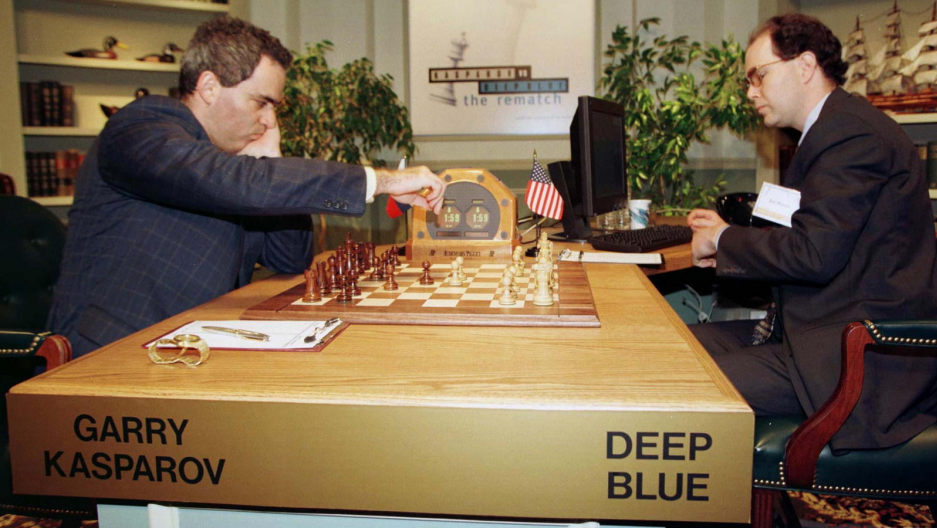
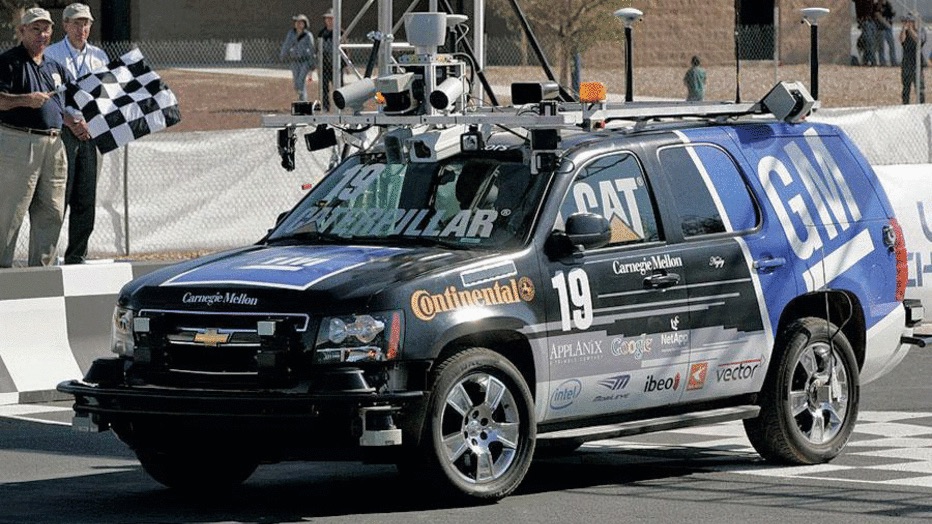
- Reemergence of AI (2010 - ?)
- "AI" seems to be a buzzword again
- Google, Facebook, Microsoft, Amazon etc. all have large AI labs, named as such
- 2012 - AlexNet wins image classification contest
- 2013 - DeepMind shows computer learning to play Atari games
- 2015-2017 - superhuman speech recognition
- 2015-present - generating realistic fake images and video
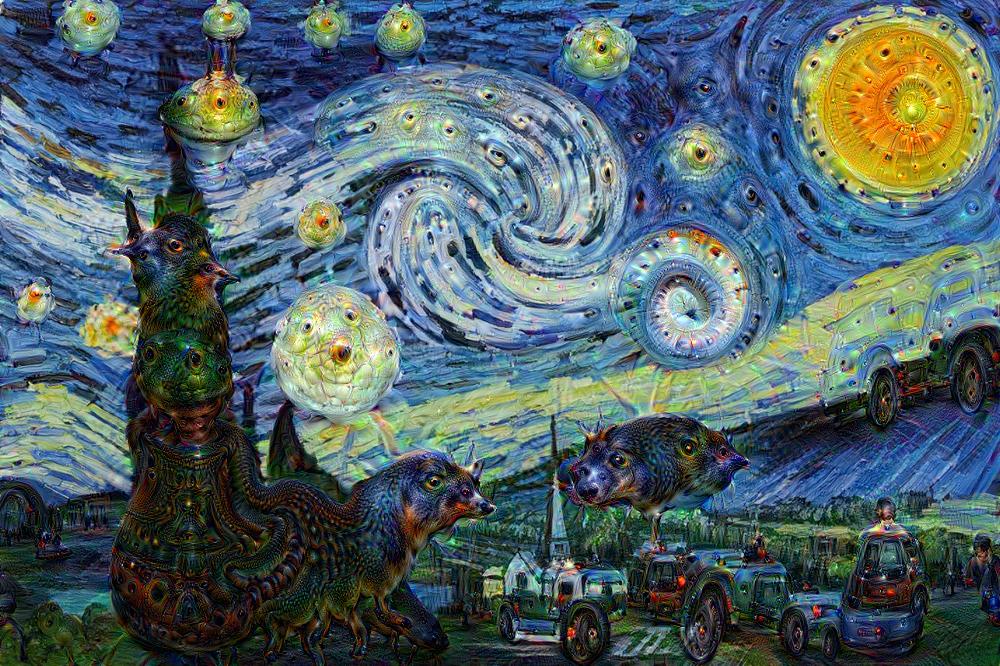
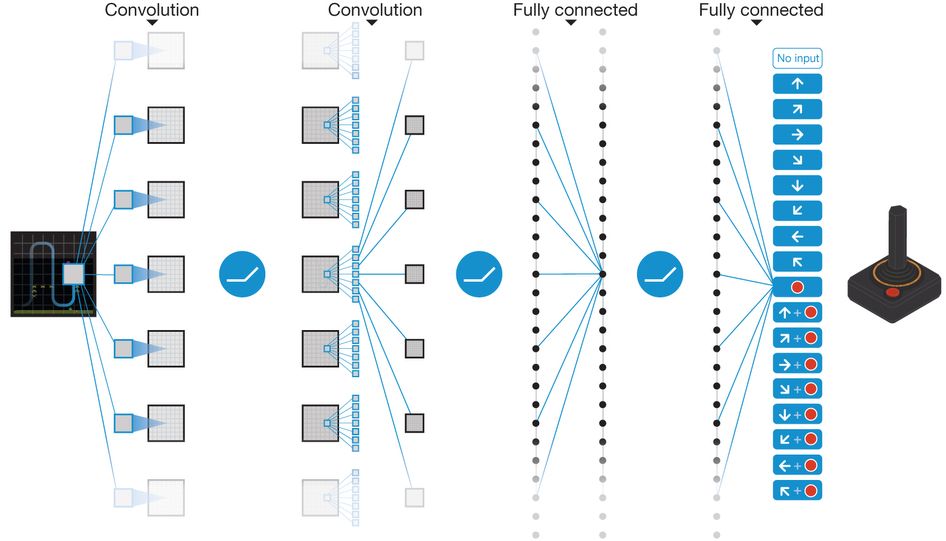
Superhuman strategic reasoning under imperfect information
- Libratus beats best humans at heads-up no-limit Texas hold'em poker


Thoughts About AI
- AI has many different goals
- We should not be trying to avoid this
- Operations Research has the same issue but is not shy about it
- Should not define AI as that which still cannot be done
- Human-level intelligence just a milestone along the way
- Q: Will there be a super-human species?
Some potential new AI applications with huge positive impact on the world
- Better electricity markets
- Combinatorial $CO_2$ allowance/pollution credit markets
- Automated market making
- Campaign market for advertising
- Security Games:
- physical, information, malware protection, etc.
Reading
- Today's Lecture: RN Chapter 1 and 2
- Next Lecture: RN Chapter 3.1-3.4
Summary
- Course Logistics
- AI Overview
- History of AI
- To Do List:
- Check course web page, Piazza, GitHub Classroom
- Review linear algebra, calculus and probability
- Reading for the lectures
Q & A
